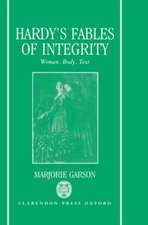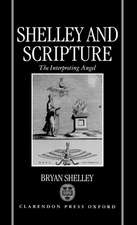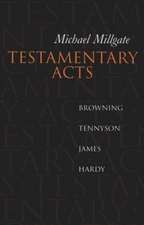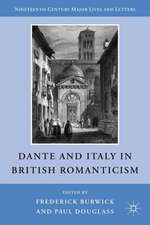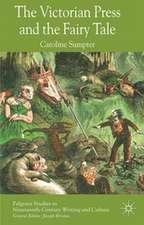Johannes Brahms. -Free But Alone-: A Life for a Poetic Music. Translated by Ernest Bernhardt-Kabisch
Autor Constantin Floros Traducere de Ernest Bernhardt-Kabischen Limba Engleză Hardback – 31 mai 2010
Preț: 430.20 lei
Nou
Puncte Express: 645
Preț estimativ în valută:
82.32€ • 88.03$ • 68.64£
82.32€ • 88.03$ • 68.64£
Carte tipărită la comandă
Livrare economică 14-19 aprilie
Preluare comenzi: 021 569.72.76
Specificații
ISBN-13: 9783631612606
ISBN-10: 3631612605
Pagini: 291
Ilustrații: num. fig. and examples of notes
Dimensiuni: 151 x 215 x 28 mm
Greutate: 0 kg
Editura: Peter Lang Gmbh, Internationaler Verlag Der W
ISBN-10: 3631612605
Pagini: 291
Ilustrații: num. fig. and examples of notes
Dimensiuni: 151 x 215 x 28 mm
Greutate: 0 kg
Editura: Peter Lang Gmbh, Internationaler Verlag Der W
Cuprins
Contents: «Frei aber einsam»: Solitude as the price of Freedom - Polarities - A «prickly» character - Tone ciphers - Biographical backgrounds in Brahms's music - Between the Fronts - The Principle of Hope - The second Beethoven? - The relation to Schumann - Poetic elements in the piano music - Violin Sonatas from Songs - First and Fourth Symphony - A German Requiem - Nänie - Four Serious Songs - Hanslick's Image of Brahms - A Janus Head - Why Brahms is so universally beloved.
Notă biografică
The Author: Constantin Floros is professor emeritus of musicology at the University of Hamburg and a prolific writer on diverse subjects. Among his monographs are volumes on the origin of Gregorian neumes, about Gustav Mahler, Johannes Brahms, and Alban Berg. The Translator: Ernest Bernhardt-Kabisch is professor emeritus of English and Comparative Literature at Indiana University. A specialist in English and European Romanticism, he has worked as a translator since his retirement.




